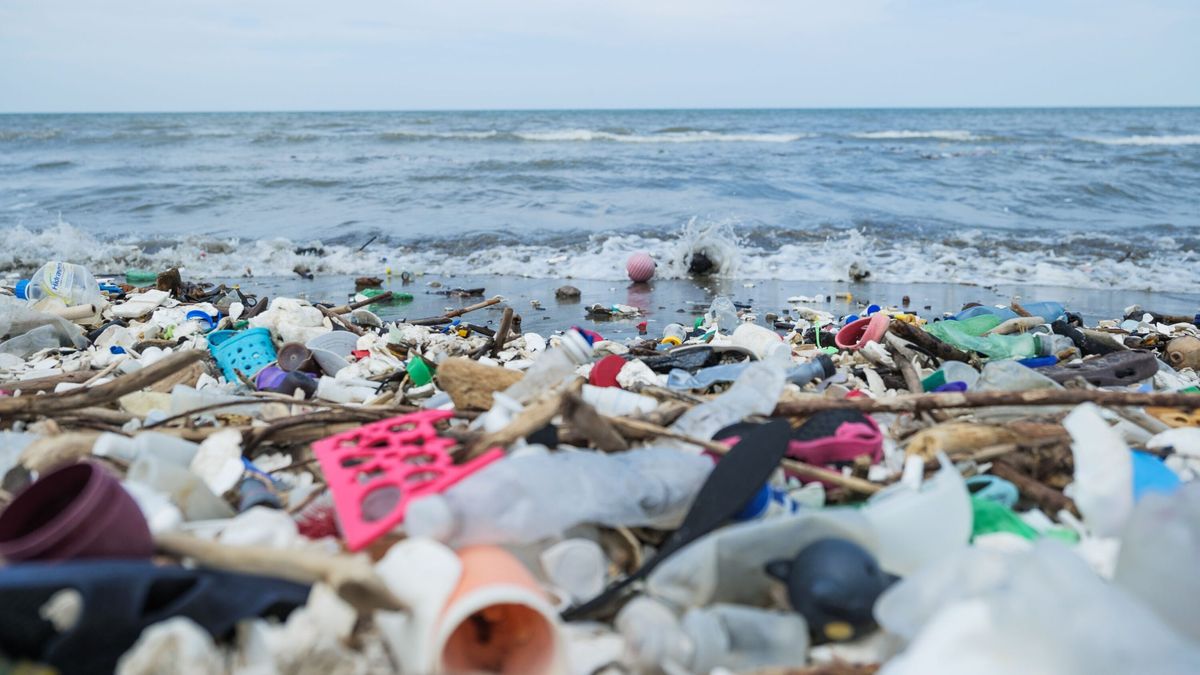


Welcome to our website, where we explore the environmental impact of plastic waste and provide resources to help you reduce your plastic footprint.
Unveiling the Hidden Cost of Plastic Waste
By 2050, there will be more plastic than fish in our oceans
Over 700 species affected by plastic pollution
Exploring seaweed-based packaging and other eco-friendly solutions
Converting plastic waste into sustainable energy sources
0 people have pledged to reduce plastic waste
Plastic has become an integral part of our daily lives, but its convenience comes at a cost. Explore the journey of plastic from production to pollution and its impact on the environment.

While plastic has many valuable uses, we have become addicted to single-use plastic products — with severe environmental, social, economic and health consequences.
Around the world, one million plastic bottles are purchased every minute, while up to five trillion plastic bags are used worldwide every year. In total, half of all plastic produced is designed for single-use purposes – used just once and then thrown away.
Plastics including microplastics are now ubiquitous in our natural environment. They are becoming part of the Earth's fossil record and a marker of the Anthropocene, our current geological era. They have even given their name to a new marine microbial habitat called the "plastisphere".
Plastic waste is a global problem that harms the environment, human health, and the economy. Here are some facts about plastic waste:
Plastic is very durable and can take up to 1,000 years to break down.
Every year, 19–23 million tons of plastic waste leaks into the world's oceans, rivers, and lakes.
Plastic waste comes from many sources, including littering, industrial activities, construction, and agriculture.
The most common types of plastic waste include cigarette butts, food wrappers, bottles, shopping bags, straws, and stirrers.
Plastic waste can harm marine animals, damage soil, poison groundwater, and contribute to climate change.
Plastics often contain additives that can make them stronger, more flexible, and durable. Some of these additives are persistent organic pollutants (POPs).
Get in touch with us to learn more about our project or to provide feedback.